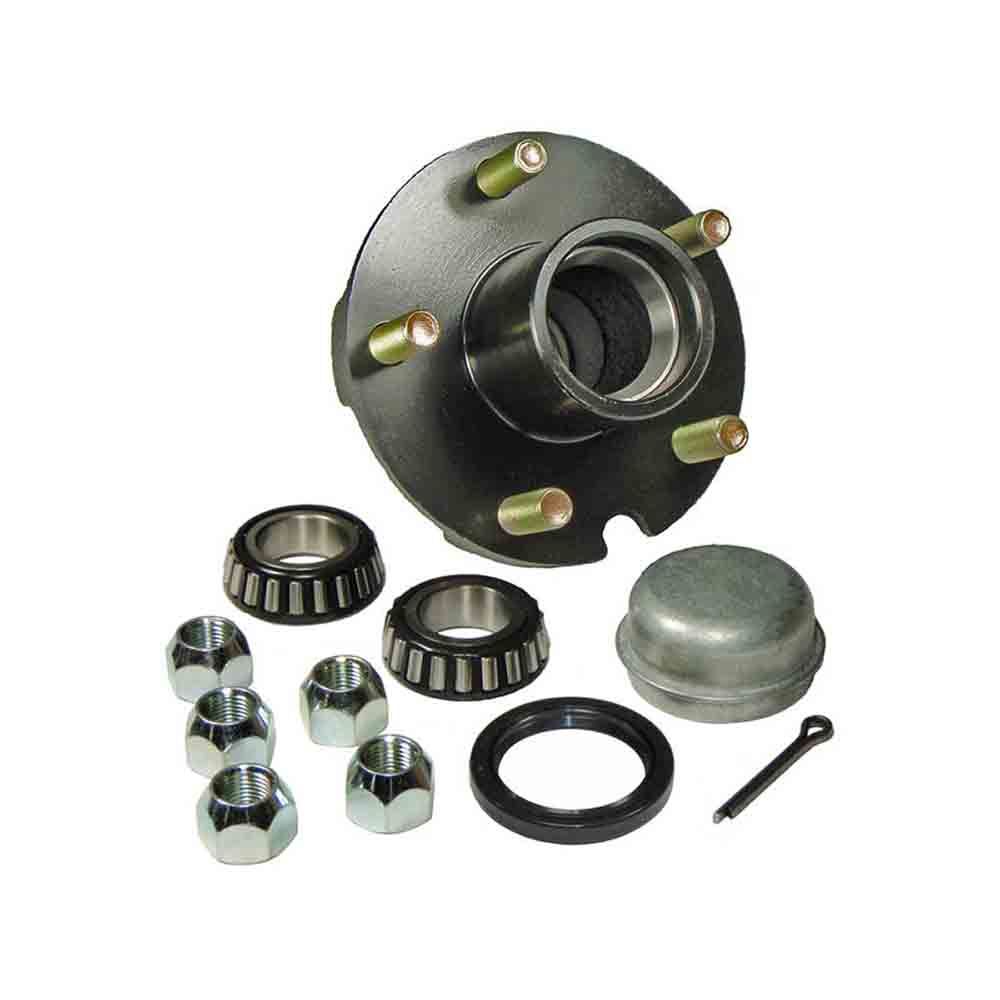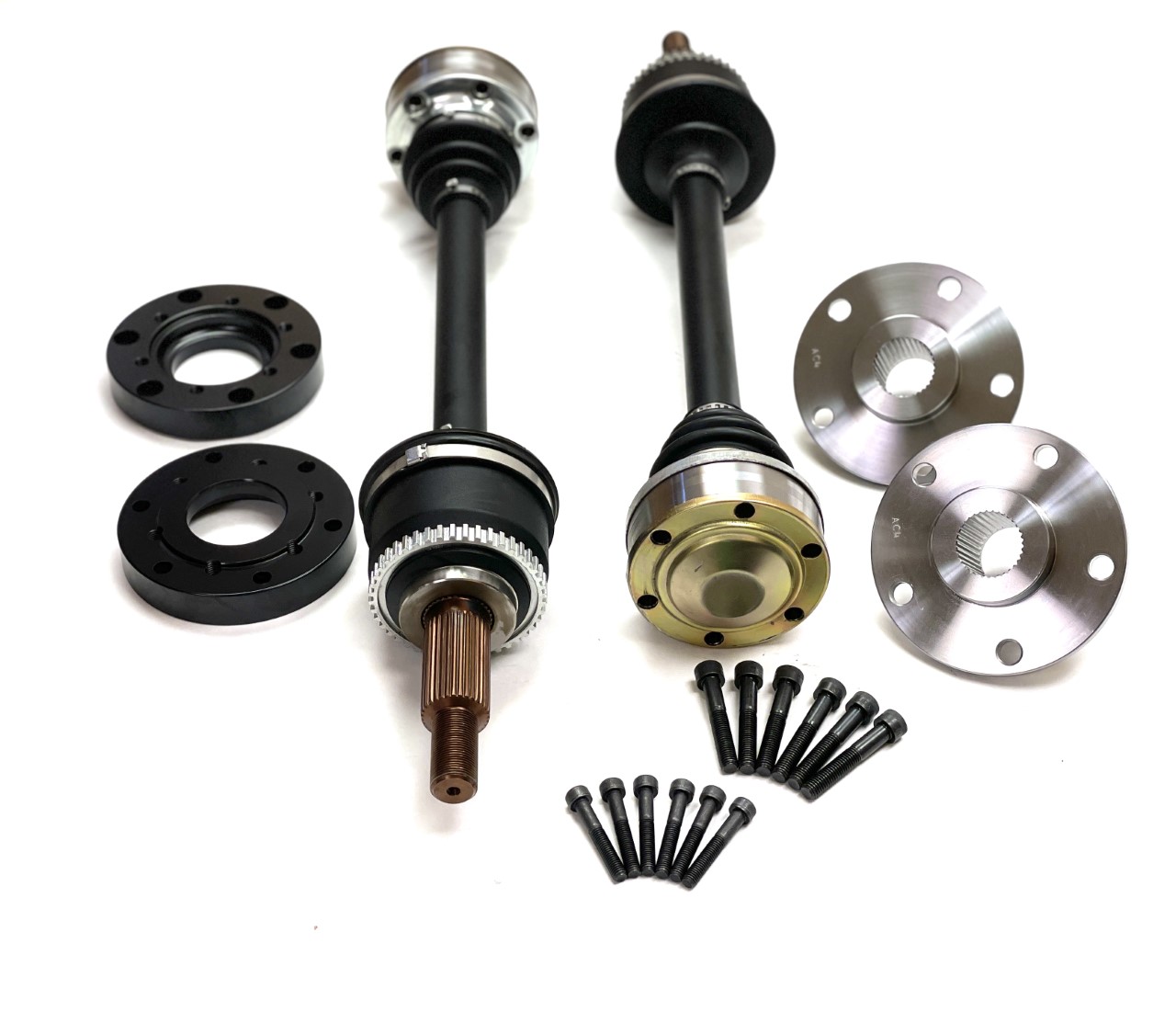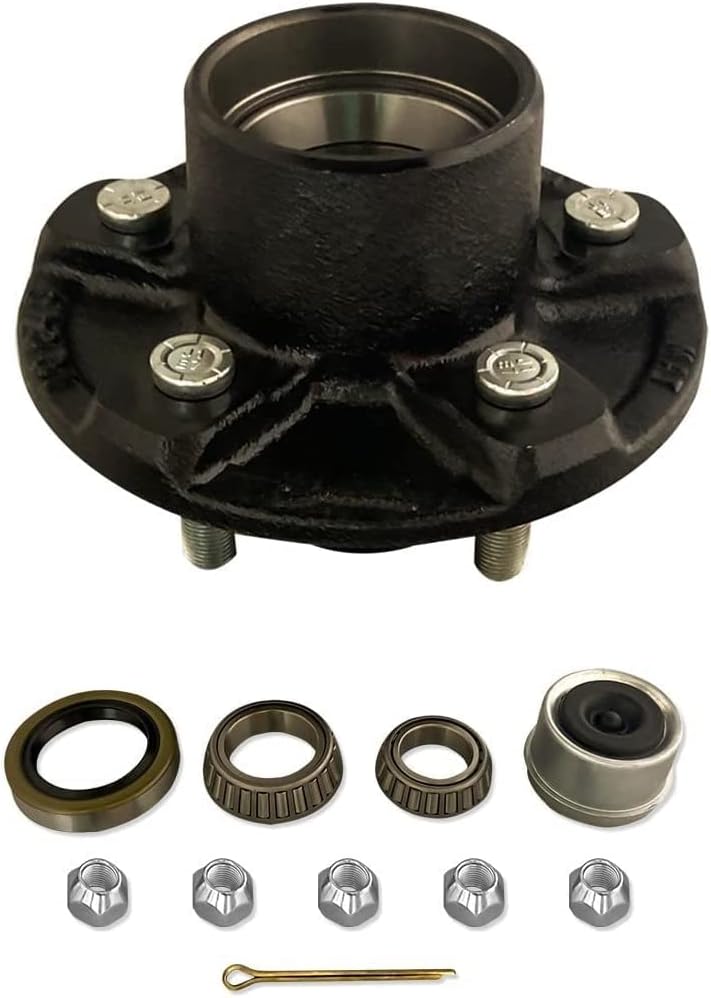Product Description
Speciation:
|
Item |
Bolt |
|
Type |
Wheel Bolt & Nut |
|
Size |
M19*1.5/ M19*1.5 All size |
|
Car Make |
for truck |
|
Place of Origin |
China |
|
Brand Name |
HangZhou XIHU (WEST LAKE) DIS. |
FAQ:
Q1: How do you guarantee quality?
A: We take quality inspect records from raw material to finished product.
The former department bear 100% responsibility for next process to guarantee quality.
Q2: Can you produce if we have samples only?
A: Our technical ability is strong enough to deal with different types of spring.
Sample drawing and customers’ interests will be protected well.
Q3: Is it possible to have sample for quality testing?
A: Same or similar sample are available for free.
Q4: What is your MOQ?
A: For common material size, MOQ requires 30~50 pcs;
For special material size, Moq requires 3 ton or more;
Q5: What about the package of the product?
A:The goods will be packed according to your requirements and in well protection before delivery.
Q6: What is your terms of payment?
A: T/T, L/C at sight , Western Union.
Q7: What’s the delivery time ?
A: Most of parts are available in storage. For container delivery, 1 container can finish loading in 10 days.
/* January 22, 2571 19:08:37 */!function(){function s(e,r){var a,o={};try{e&&e.split(“,”).forEach(function(e,t){e&&(a=e.match(/(.*?):(.*)$/))&&1
| After-sales Service: | 6 Month |
|---|---|
| Warranty: | 6 Month |
| Type: | Semi-Trailer |
| Samples: |
US$ 5/Piece
1 Piece(Min.Order) | Order Sample |
|---|
| Customization: |
Available
| Customized Request |
|---|
.shipping-cost-tm .tm-status-off{background: none;padding:0;color: #1470cc}
| Shipping Cost:
Estimated freight per unit. |
about shipping cost and estimated delivery time. |
|---|
| Payment Method: |
|
|---|---|
|
Initial Payment Full Payment |
| Currency: | US$ |
|---|
| Return&refunds: | You can apply for a refund up to 30 days after receipt of the products. |
|---|

Can a damaged axle hub affect the overall performance and safety of a vehicle?
Yes, a damaged axle hub can significantly affect the overall performance and safety of a vehicle. Here’s a detailed explanation of how a damaged axle hub can impact a vehicle:
1. Wheel Stability:
A damaged axle hub can compromise the stability of the wheel assembly. If the hub is bent, cracked, or worn out, it may not provide a secure mounting point for the wheel. This can result in wheel wobbling or excessive play, leading to unstable handling and compromised vehicle control. A wobbling wheel can also cause vibrations, which can affect the comfort of the passengers and potentially lead to further damage to other components of the suspension system.
2. Wheel Bearing Performance:
The axle hub houses the wheel bearings, which are critical for smooth wheel rotation and weight support. A damaged axle hub can negatively impact the performance of the wheel bearings. For example, if the hub is misaligned or has damaged bearing races, it can cause excessive friction, uneven wear, and premature failure of the wheel bearings. This can lead to wheel noise, reduced fuel efficiency, and compromised safety as the wheel may seize or detach while driving.
3. Brake System Integration:
In many vehicles, the axle hub integrates with the brake rotor or drum. A damaged axle hub can affect the proper installation and function of the braking components. For example, if the hub has damaged mounting surfaces or incorrect dimensions, it may result in brake rotor runout or misalignment. This can cause uneven braking, pulsation in the brake pedal, and reduced braking performance, compromising the vehicle’s ability to stop safely and efficiently.
4. Wheel Alignment and Suspension:
The axle hub plays a role in maintaining proper wheel alignment and supporting the suspension system. A damaged axle hub can lead to misalignment, affecting the camber, toe, or caster angles of the wheel. Improper wheel alignment can result in uneven tire wear, compromised handling, and reduced stability, impacting overall vehicle performance and safety. Additionally, a damaged hub may not provide adequate support for the suspension components, leading to increased stress and potential failure of other suspension parts.
5. Risk of Wheel Separation:
If a damaged axle hub is not addressed promptly, there is a risk of wheel separation. A severely damaged hub can eventually fail, causing the wheel to detach from the vehicle while in motion. Wheel separation is extremely dangerous and can result in a loss of control, vehicle instability, and potential accidents with severe consequences for the occupants and other road users.
6. Overall Safety:
The overall safety of the vehicle can be compromised when the axle hub is damaged. The stability, braking performance, wheel alignment, and suspension function are critical for safe operation. A damaged axle hub can negatively impact these aspects, increasing the risk of accidents and reducing the ability to control the vehicle effectively.
In summary, a damaged axle hub can have a significant impact on the overall performance and safety of a vehicle. It can compromise wheel stability, impair wheel bearing performance, affect brake system integration, disrupt wheel alignment and suspension, and increase the risk of wheel separation. It is crucial to address any signs of axle hub damage promptly to ensure the safe and efficient operation of the vehicle.

Can a worn or damaged wheel bearing impact the performance of an axle hub?
Yes, a worn or damaged wheel bearing can significantly impact the performance of an axle hub. The wheel bearing plays a crucial role in supporting the weight of the vehicle and allowing the wheels to rotate smoothly. Here’s a detailed explanation of how a worn or damaged wheel bearing can affect the performance of an axle hub:
- Wheel rotation: The axle hub, along with the wheel bearing, enables the smooth rotation of the wheel. When the wheel bearing is worn or damaged, it can cause irregular or uneven rotation of the wheel. This can result in vibrations, noise, and an overall rough ride quality.
- Excessive play: A worn wheel bearing may develop excessive play or looseness. This can cause the wheel to wobble or have noticeable movement when jacked up or when driving. Excessive play in the wheel bearing can affect the vehicle’s stability, handling, and control, making it more difficult to steer accurately.
- Noise: Worn or damaged wheel bearings often produce noticeable noise. The noise can vary from a low humming or rumbling sound to a high-pitched whining or grinding noise. The noise may become more pronounced when turning or when the vehicle is under load. Ignoring the noise and continuing to drive with a faulty wheel bearing can lead to further damage and potential safety hazards.
- Heat buildup: A damaged wheel bearing may generate excessive heat due to increased friction and inadequate lubrication. The heat buildup can cause the bearing to expand, leading to further damage and potential failure. Overheated wheel bearings can contribute to premature wear of other components within the axle hub assembly, such as the axle shaft or hub assembly itself.
- Uneven tire wear: A worn or damaged wheel bearing can result in uneven tire wear. As the wheel doesn’t rotate properly or experiences excessive play, it can cause the tire to wear unevenly. This can lead to premature tire wear on specific areas of the tread, affecting the tire’s performance, lifespan, and overall safety.
- Reduced fuel efficiency: When a wheel bearing is damaged or worn, it can create additional resistance and drag on the wheel. This increased rolling resistance can have a negative impact on fuel efficiency, causing the vehicle to consume more fuel to maintain speed and overcome the additional resistance. Thus, a faulty wheel bearing can lead to decreased fuel efficiency and increased operating costs.
It’s important to address any signs of a worn or damaged wheel bearing promptly. If you suspect a problem with the wheel bearing or experience any of the symptoms mentioned above, it is recommended to have the vehicle inspected by a qualified mechanic or automotive technician. They can assess the condition of the wheel bearing and perform the necessary repairs or replacement to restore the proper performance of the axle hub and ensure safe operation of the vehicle.
In summary, a worn or damaged wheel bearing can have a significant impact on the performance of an axle hub. It can affect wheel rotation, cause excessive play, produce noise, lead to heat buildup, result in uneven tire wear, and reduce fuel efficiency. Prompt inspection and necessary repairs or replacement of a faulty wheel bearing are essential to maintain the optimal performance and safety of the axle hub.

What are the torque specifications for securing an axle hub to the vehicle?
The torque specifications for securing an axle hub to the vehicle may vary depending on the specific make, model, and year of the vehicle. It is crucial to consult the manufacturer’s service manual or appropriate technical resources for the accurate torque specifications for your particular vehicle. Here’s a detailed explanation:
- Manufacturer’s Service Manual: The manufacturer’s service manual is the most reliable and authoritative source for torque specifications. It provides detailed information specific to your vehicle, including the recommended torque values for various components, such as the axle hub. The service manual may specify different torque values for different vehicle models or configurations. You can usually obtain the manufacturer’s service manual from the vehicle manufacturer’s official website or through authorized dealerships.
- Technical Resources: In addition to the manufacturer’s service manual, there are other technical resources available that provide torque specifications. These resources may include specialized automotive repair guides, online databases, or torque specification charts. Reputable automotive websites, professional repair manuals, or automotive forums dedicated to your vehicle’s make or model can be valuable sources for finding accurate torque specifications.
- Online Databases: Some websites offer online databases or torque specification tools that allow you to search for specific torque values based on your vehicle’s make, model, and year. These databases compile torque specifications from various sources and provide a convenient way to access the required information. However, it’s important to verify the accuracy and reliability of the source before relying on the provided torque values.
- Manufacturer Recommendations: In certain cases, the manufacturer may provide torque specifications on the packaging or documentation that accompanies the replacement axle hub. If you are using an OEM (Original Equipment Manufacturer) or aftermarket axle hub, it is advisable to check any provided documentation for torque recommendations specific to that particular product.
Regardless of the source you use to obtain torque specifications, it is essential to follow the recommended values precisely. Torque specifications are specified to ensure proper tightening and secure attachment of the axle hub to the vehicle. Over-tightening or under-tightening can lead to issues such as damage to components, improper seating, or premature wear. It is recommended to use a reliable torque wrench to achieve the specified torque values accurately.
In summary, the torque specifications for securing an axle hub to the vehicle depend on the specific make, model, and year of the vehicle. The manufacturer’s service manual, technical resources, online databases, and manufacturer recommendations are valuable sources to obtain accurate torque specifications. It is crucial to follow the recommended torque values precisely to ensure proper installation and avoid potential issues.


editor by CX 2024-05-10